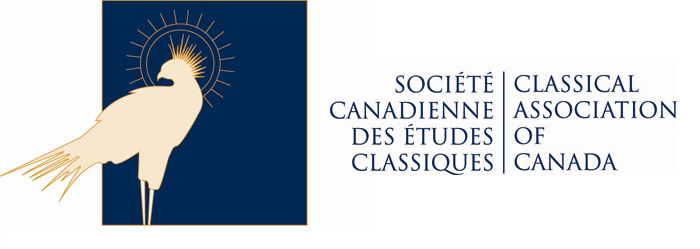Prix du mérite
Chaque année le Prix du mérite reconnaît la contribution remarquable d’un membre pour la discipline. Toutes nominations et demandes de renseignements doivent être adressées au présidente sortant de la société, qui préside le comité de sélection. La date limite de candidature est le 15 avril.
Récipiendaires du Prix du mérite
Prof. Kathryn Simonsen
2023: Not awarded/ non décerné
Prof, Michele George
Prof. Richard Burgess
Prof. Bonnie MacLachlan
Prof. Ian Storey
Prof. Alison Keith
Prof. Elaine Fantham
Prof. Jonathan Edmondson
Prof. Iain McDougall
Prof. John Geyssen †
Prof. Léopold Migeotte
Prof. Martin Cropp
Prof. Catherine Rubincam
Prof. Mark Joyal
(b) Le Prix du mérite est accordé selon la procédure suivante. Chaque année, avant le 15 septembre, la Société fait parvenir aux membres un appel à nominations dont la date limite est fixée au 15 février. Chaque nomination devra être co-signée par un proposeur et un secondeur et fournira un exposé des motifs qui justifient la nomination. Peu avant ou à l’occasion de sa réunion d’automne, le conseil constitue un comité présidé par le président sortant et composé d’un membre ordinaire du conseil et de deux membres de la Société. Le comité fera part de sa (ses) recommandation(s) au conseil à l’occasion de la réunion du printemps. Un ou plusieurs Prix peuvent être octroyés chaque année. Le comité se charge de la rédaction du texte de la (des) mention(s) qui sera (seront) lue(s) à l’assemblée générale annuelle de la Société.
Follow Us/ Suivez-Nous
Copyright © 2023 The Classical Association of Canada / Société Canadienne des Études Classiques
All Rights Reserved | Privacy Policy | Politique de confidentialité
